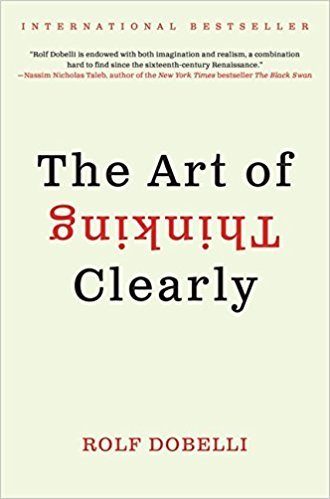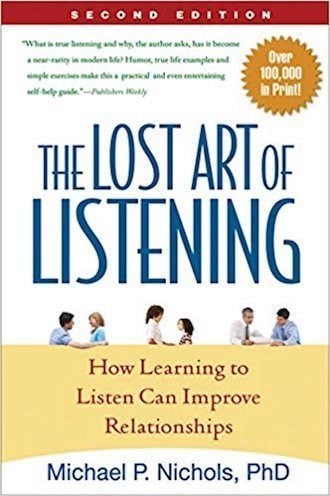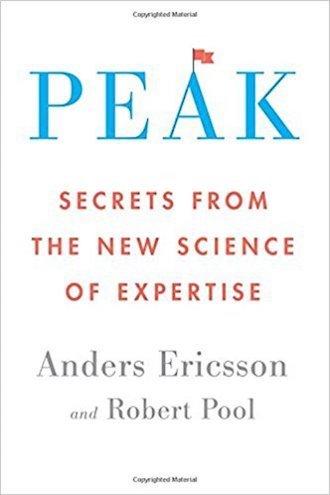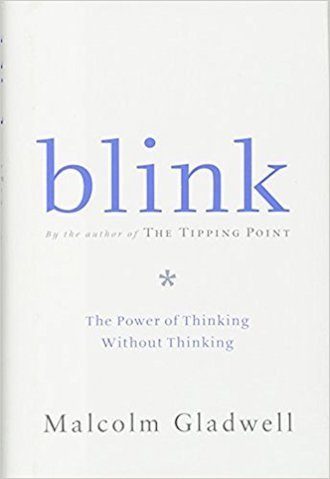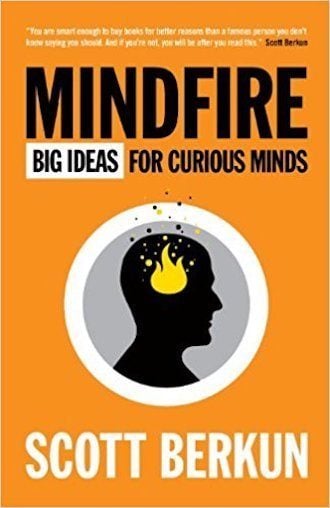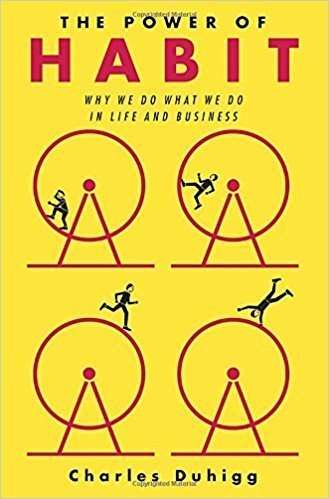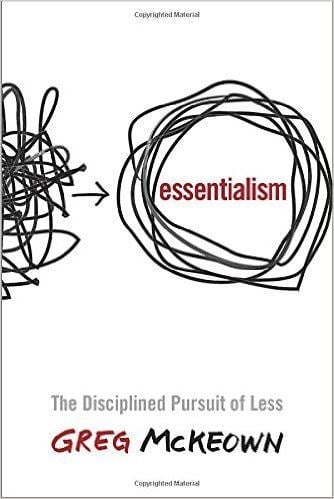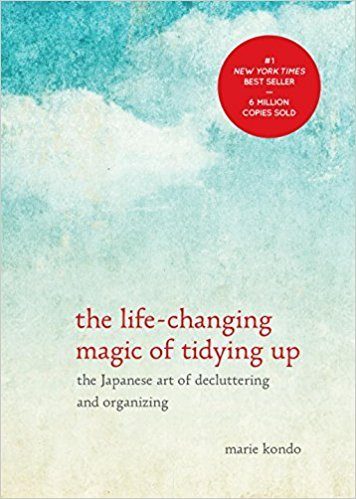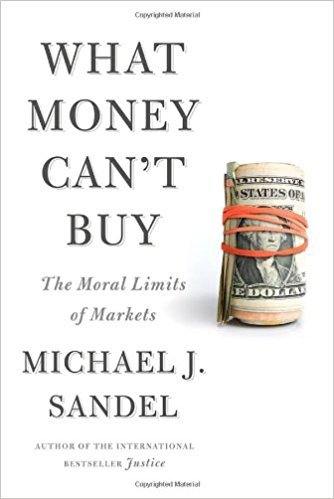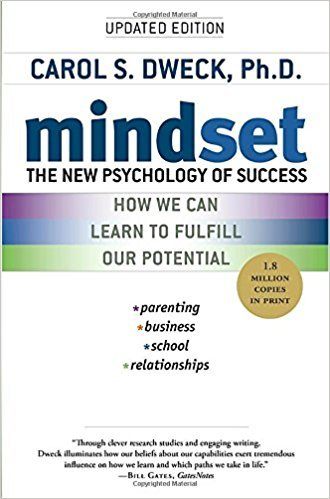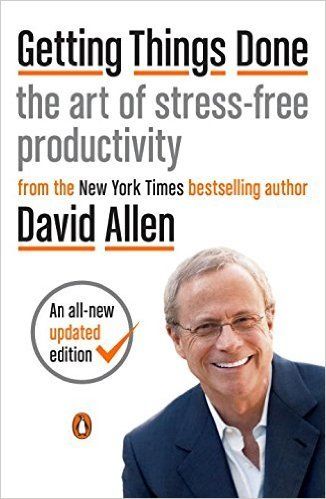With so many self-help books out there, it can be hard to know where to get started. At Lifehack, we believe that changing your life starts at the root, which is changing how you think about things. With our rapidly evolving society, new ways and methods are being introduced all the time that improve upon old formulas. At the same time, there are time-tested frameworks that work whether it was for 15 years ago or for today.
Here is a collection of 11 self-help books that cover the basics of thinking – adapting these as a foundation will help you in multiple aspects of life, be it productivity, relationships, career, or other life goals. We keep it updated to include some of the freshest ideas while retaining the mindset gems that have managed to stay evergreen.
The Art of Thinking Clearly
by Dobelli, Rolf
Hitting the No. 1 of Germany’s Der Spiegel Bestseller list and later catching the world’s attention, The Art of Thinking Clearly is an internationally bestselling non-fiction written by the world-class thinker and entrepreneur, Rolf Dobelli. The Art of Thinking Clearly exposes humans’ everyday logical fallacy based on theories from psychology and economics. Divided into 99 chapters with each no longer than 3 pages, this book is condensed, well-organized, especially reader-friendly to busy modern readers. The though-provoking insights of this book will definitely sharpen readers’ ability to spot simples errors made in everyday thinking, and to eventually make better, more logical, and more efficient decision.
The Lost Art of Listening: How Learning to Listen Can Improve Relationships
by Nichols, Michael P.
The notion that listening is lubricant in relationships is such a cliche that is heard again and again. Unfortunately, from time to time, we can’t help forgetting this foremost rule in relationship.
Arguing that there is always room for people to improve listening, the experienced professor of psychology and well-known therapist, Michael Nichols distills years of clinical wisdoms into practical advice about improving interpersonal communication. By weaving professional theories and vivd examples, Nichols clarifies the “proper” listening process among relationships, eventually enabling readers to improve their relationships through better communication.
Ultimately, The Lost Art of Listening is suitable for anyone who wants to be listened or needs to listen. And that is basically every one of us!
Peak: Secrets from the New Science of Expertise
by Ericsson, K. Anders
Though it is deep-rooted in many people’s minds that innate talent is needed to learn any expertise, Peak: Secrets from the New Science of Expertise belies this notion and proves we are all born with the seeds of excellence.
Peak: Secrets from the New Science of Expertise, a non-fiction written by the eminent scholar Anders Ericsson, condenses three hundred years of psychological research to introduce an incredibly powerful approach to learning. Devoted to helping readers build fundamental skills essential to self-learning such as goal setting and self-motivation, this book will promisingly assist readers learning any expertise like a natural. For readers like you who wish to excel in various disciplines, Peak: Secrets from the New Science of Expertise is your brightful start.
Blink: The Power of Thinking Without Thinking
by Gladwell, Malcolm
The best-selling author of The Tipping Point, Malcolm Gladwell has again translated the research of his specialized areas into a fantastic story-telling in his new book, Blink: The Power of Thinking Without Thinking. By incorporating ideas from a wide variety of professions, in Blink, Gladwell reveals the mystery of snap judgement — the decision we make in a blink of time. Gladwell argues that great decision makers are not the ones who process the most information, but the ones who master the art of “thin-slicing”, an ability to filter factors which matter from an overwhelming number of variables.
In this book, readers will be guaranteed a revolutionary insight to the mysterious world of human subconscious mind, which helps readers gradually become a clever decision maker.
Mindfire: Big Ideas for Curious Minds
by Berkun, Scott
A book should be informative, for sure; but a great book apart from being abundant in information reminds its readers of the things that are important. In that sense, Mindfire: Big Ideas for Curious Minds is a well-written book.
Written by Scott Berkun, the best-selling author of six other books, Mindfire is a collection selecting some of Berkun’s best essays. These essays make insightful observation and discussion on questions that curious minds are hungry to know the answers of. Each essay of Mindfire, short in its length though, is sufficient to push you to think and expands your perspective. It is promised Mindfire would be an pleasurable reading for all curious minds.
The Power of Habit: Why We Do What We Do in Life and Business
by Duhigg, Charles
Certainly there are things you want to achieve in life, which may be building attractive body shape, raising a smart child, or excelling in a career. Achieving is great, but how to achieve is the big question. The secret to achieving success, as The Power of Habit argues, lies in the action of forming habits.
Written by the award-winning New York Times business reporter, Charles Duhigg, The Power of Habit explains the formation of human habits from the eyes of scientists. Scientific and precise as the content is, with penetrating intelligence Duhigg successfully distills the vast amount of information into a simplistic but not least engrossing narration, guaranteeing readers a pleasurable reading experience.
Reading The Power of Habit, you will take a provocative journey to understanding how your life is shaped by your own habits; and at the end of the journey, you will gain sharper insight, and can better manipulate the formation of your habits to your own good so as to prepare excellence in your career and also your life in general.
Essentialism: The Disciplined Pursuit of Less
by McKeown, Greg
In life, sometimes we do feel the anxiety for feeling busy but not productive or that time is always hijacked by trivial things. These moments are actually alarming us to start decluttering.
Essentialism: The Disciplined Pursuit of Less is a good manual for those who wants to regain control of what is important in life. Written by Greg McKeown, a bestseller who graduated from Stanford University and had given speech in multiple major companies such as Apple or Google, Essentialism: The Disciplined Pursuit of Less offers readers useful tools and motivation to practice a life of essentialist. With the insights of the book, readers will find a systematic approach to eliminate trivial things, but learn to spend their precious time and energy on what really matters.
If you hope to get motivational ideas or effective tools to refine a life to one that is dedicated to what really matters, this book will be helpful to you.
The Life-Changing Magic of Tidying Up: The Japanese Art of Decluttering and Organizing
by Kondo, Marie
Despite the constant hard work to declutter your home, do papers still accumulate like snowdrifts or clothes pile up like a tangled mess of noodles in your home? Though “there is nothing like staying at home for real comfort” as Jane Austen says, it is difficult to feel comfort in a messy home!
In the spirit of essentialism, here is another book guiding readers to achieve a clearer and decluttered life, though this precious one focuses on decluttering one’s house. Despite the fact that there have already been many books teaching home tidying skills, The Life-Changing Magic of Tidying Up is a diamond in rocks.
With a concrete and creative but not least effective home-decluttering method — the KonMari Method, The Life-Changing Magic of Tidying Up helps readers simplify, organize, and store clutters in an efficient way. Following the guidance, readers will soon create a house surrounded with things that spark joy — a unique home that calms and motivates the minds of its owners.
What Money Can’t Buy: The Moral Limits of Markets
by Sandel, Michael J.
With everything governed by capitalism, our world is pushed to be market-driven. In a world where everything is labeled a price tag, our moral standard is put to the test.
The problem of a declining moral standard is brought to the light by What Money Can’t Buy. Written by Michael Sandel, a famous professor of Government at the University of Harvard, What Money Can’t But aspires to discuss the biggest ethical question of our time: is it wrong with a world in which everything is for sale?
Offering no easy answers but instead serving as an invitation to reflect on the world we are living in, the provocative discussion of this book will definitely ignite the fibre of your brain, or even subvert your deep-rooted outlook.
If you want the knowledge which will protects you against this corruptive society or you want to be once again reminded of the importance of ethics, What Money Can’t Buy is a book worthy of your read.
Mindset: The New Psychology of Success
by Dweck, Carol S.
Mindset is “an established set of attitudes held by someone”, as the Oxford American Dictionary defines. It is not difficult to understand that any long-held, deep-rooted attitude towards ourselves will greatly influence the way we perform in our study or in our work. However, as it turns out, this set of attitudes as what we call mindset ought not to be so fixed, as Dweck suggests.
Written by Carol Dweck, a world-renowned Stanford University psychologist, Mindset: The New Psychology of Success offers a revolutionary concept: Growth Mindset, which is not only applicable to individuals, but even to groups or organization. Infused with engaging stories and in-depth research, Mindset will lead readers to understand the provocative idea that those who believe that abilities are fixed are less likely to flourish than those with a growth mindset—those who believe that abilities can be developed.
If you are an adventurer who wants to foster great accomplishment, or if you are a teacher who hopes to inspire your students’ potentials, why not give Mindset a place on your next-reading list?
Getting Things Done: The Art of Stress-Free Productivity
by Allen, David
In an era when multi-tasking is a necessary living skill, anxiety and depression due to heavy workload and information overload are rampant. If you look for a way to get things done without any stress, Getting Things Done is worthy of your attention.
Since its first publication 15 years ago, Getting Things Done written by David Allen, a world-wide leading coach to many American prestigious organizations, has become one of the most influential business books of its era. In this newest edition, the book is re-written from start to finish, with up-to-date material added.
From this masterpiece on personal organization, readers will learn mental skills necessary for this hectic, knowledge-base society, eventually boosting their productivity and well-being.
For readers who have not read this precious asset, it is time to read the manuals every business predecessor had read a decade ago; for readers who had already read this, it is always worthwhile to re-read this inspirational self-help. As the old saying goes, a good book is worth reading twice!
It is time to speed up your productivity, and escape from burnout due to over-stress.

